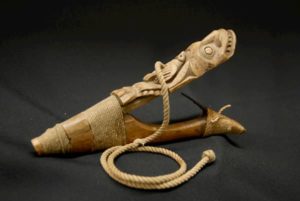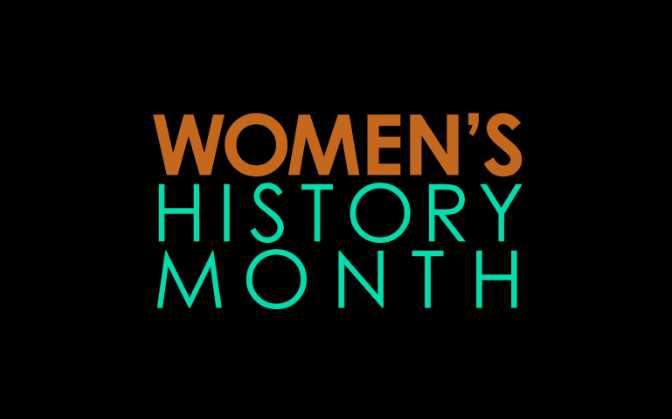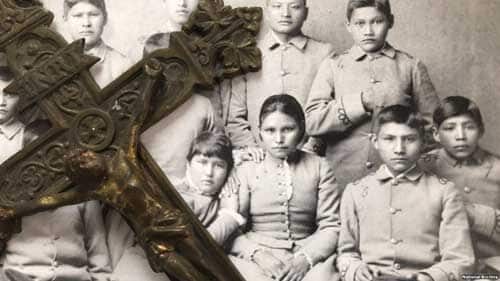 With a $32,578 grant from the US Bureau of Indian Affairs, the Sun’aq Tribe of Kodiak and the Alutiiq Museum are collaborating on a tool that will help people locate, view, and study Alutiiq objects in the world’s museums. The Amutat project, which started this month, will begin developing a database of ancestral Alutiiq objects linked to the museum’s website. Visitors to the page will be able to search and study a wide range of Alutiiq tools, clothes, and ceremonial pieces assembled in one place.
With a $32,578 grant from the US Bureau of Indian Affairs, the Sun’aq Tribe of Kodiak and the Alutiiq Museum are collaborating on a tool that will help people locate, view, and study Alutiiq objects in the world’s museums. The Amutat project, which started this month, will begin developing a database of ancestral Alutiiq objects linked to the museum’s website. Visitors to the page will be able to search and study a wide range of Alutiiq tools, clothes, and ceremonial pieces assembled in one place.
“Examples of our ancestors’ tools are part of numerous museum collections spread across the United States and the world,” said Executive Director April Laktonen Counceller. “Large collections, like those in France, and Finland are relatively well known. But there are many smaller collections. For example, the Logan Museum of Anthropology in Wisconsin has an embroidered sewing bag, the Rochester Museum and Science Center in New York holds a pair of historic whaling lances, and the National Museum of Scotland cares for at least six Alutiiq items collected on Kodiak. These items are hard for our community to find and access. The database will create a central place for people to see and study Alutiiq objects. Amutat, the Alutiiq word for cod, also means ‘things to pull’. Here, it refers to pulling objects from collections so they can be studied.”
The Amutat project will begin with a focus on the Alutiiq Museum’s holdings. Curator of Collections Amanda Lancaster, who is leading the project, explained. “This year we will develop the database and the webpage and populate them with ethnographic items from the Alutiiq Museum’s collections. We are piloting the database with our own holdings. We will eventually expand Amutat to include collections from other museums, like the masks and regalia from the Pinart Collection at the Musée Boulogne-Sur-Mer, France.”
[content id=”79272″]
The database will focus on ethnographic items, cultural objects from the recent past. It will include a photo and description of each object, the Alutiiq word for the item, and detailed information on its current location. Counceller said, “People traveling contact us to learn if there are Alutiiq objects in the area they plan to visit. The database will help travelers locate such objects and help us to learn from their research.”
“Once the database is running, we will be able to add to it for years,” said Counceller. “We will need to collaborate with other museums to identify Alutiiq objects, gather information on their collections, and obtain permission to share objects in the database. In short, the Amutat project is launching a long-term research effort designed to reunite ancestral objects with our community.”
The Alutiiq Museum is a non-profit organization dedicated to preserving and sharing the history and culture of the Alutiiq, an Alaska Native tribal people. Representatives of Kodiak Alutiiq organizations govern the museum with funding from charitable contributions, memberships, grants, contracts, and sales.
###







